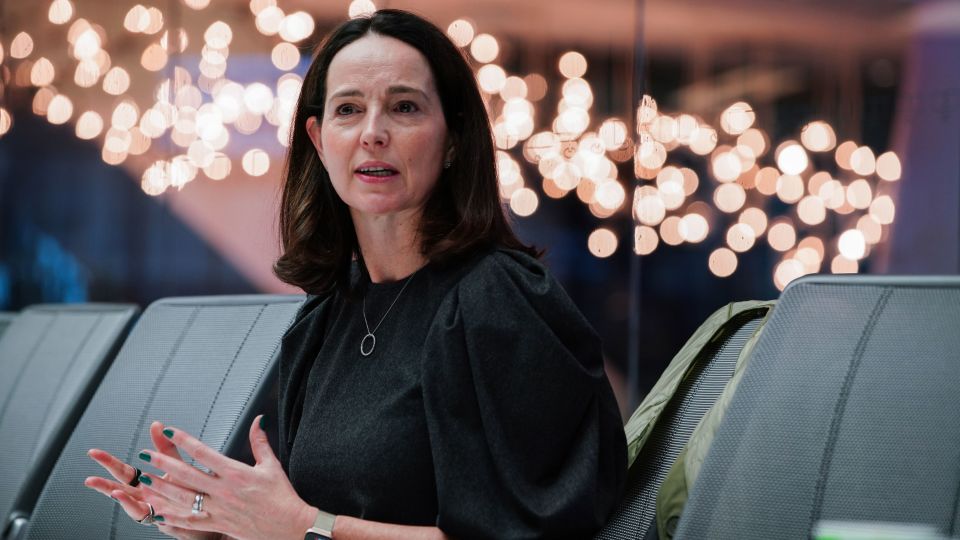Why OpenAI went into crisis PR mode Thursday
OpenAI, the world’s leader in AI and ChatGPT parent company, went into panic mode on Thursday over what it said was a very public misstatement.
Two top executives furiously backtracked from an earlier comment that suggested OpenAI might need government support to cover the $1.4 trillion in chips and data center infrastructure it’s committed to buying.
Here’s how the situation unfolded and why the since-retracted comment was so controversial.
OpenAI’s Chief Financial Officer Sarah Friar raised eyebrows on Wednesday when she suggested that the US government should “backstop” the company’s aggressive investments in artificial intelligence infrastructure.
“The backstop, the guarantee, that allows the financing to happen, that can really drop the cost of the financing but also increase the loan-to-value, so the amount of debt that you can take on top of an equity portion,” she said at a Wall Street Journal event.
In other words: a federal government “backstop” for the debt AI companies take on to make chip investments.
Friar quickly walked back the comments, clarifying in a LinkedIn post that the government needed to “play their part” in combination with the private sector to contribute to America’s AI growth. But OpenAI was “not seeking a government backstop for our infrastructure commitments.”
But that may have confused matters even further and added to a chorus of questions that have been growing in recent weeks about how the not-yet-profitable startup plans to pay for its AI data center and chip commitments.
Friar’s initial comment took heat because it seemed to imply that the US government — and thus, taxpayers — should be on the hook if OpenAI can’t figure out how to pay for all the chips it has said it will buy. Like, how your parents who co-signed on your lease would be responsible if you didn’t pay your rent.
And that didn’t sit well with many people, given that OpenAI is a private company valued at $500 billion, from which taxpayers wouldn’t be seeing any direct benefit if it succeeds.
“Will there be a political movement to forgive AI chip loans like student loans? Can OpenAI wind up in conservatorship like Fannie Mae and Freddie Mac?” Jones Trading chief market strategist Mike O’Rourke wrote in emailed commentary Wednesday. “It is absurd that OpenAI insiders think the U.S. government should furnish them with preferential borrowing rates while they get to grow the value of their privately held shares on the backs of American taxpayers.”
What’s more, the comments seemed to suggest — as many investors and Silicon Valley watchers have worried in recent months — that OpenAI isn’t quite sure how it will pay for its $1.4 trillion in infrastructure commitments without some creative maneuvering. That would be an issue for everyone, since it has been on a dealmaking spree with Nvidia, AMD, Amazon and others, helping to prop up the stock market.



Leave a Comment
Your email address will not be published. Required fields are marked *